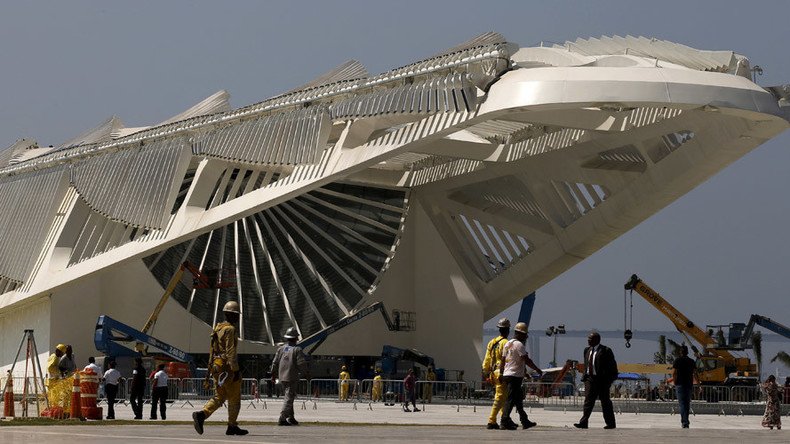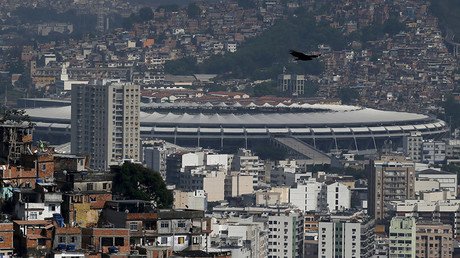How the Brazilian economic crisis will affect the 2016 Olympics

A senior International Olympic Committee (IOC) official has said that political and economic turmoil in Brazil will "inevitably" affect the 2016 Olympics in Rio de Janeiro due to budget cuts and problems with facilities and infrastructure.
Brazilian organizers claim that preparations remain on target for the games despite the difficult financial situation.
With the opening ceremony less than eight months away, Brazil is dealing with severe recession, impeachment proceedings against President Dilma Rousseff and a huge corruption scandal involving state-run oil company Petrobras.
"They have political and economic difficulties," IOC vice president Craig Reedie said. "Inevitably, they will affect the games. There are challenges. I think they and we will have to get through it."
Reedie spoke after Rio organizers submitted their latest progress report to the IOC executive board, which detailed how most of the facilities are now ready for South America's first Olympics.
"There has been a massive improvement of the situation in the past months," Reedie added. "That's good news. Now you have to determine the service levels that athletes and international federations expect."
Brazil's economy was booming when Rio was awarded the games in 2009, but the country is now in its worst recession since the 1930s, with the real losing a third of its value this year, gross domestic product down, inflation at nearly 10 percent and unemployment up to almost 8 percent.
Opposition leaders last week launched impeachment proceedings against Rousseff, over allegations her government broke fiscal responsibility laws by using public money to plug budget gaps.
The Supreme Court suspended proceedings on Wednesday pending a decision on its constitutional validity.
Rousseff, whose approval ratings have sunk to around 10 percent, strongly disputes the accusations, but may still be questioned by police over their probes into the awarding of more than $10 billion of Olympic-related construction contracts.
Rio Mayor Eduardo Paes, who has become as a central figure in the Olympic project, spoke to the IOC board by video conference from Brazil and briefed the members about the economic problems and the impeachment process.
He gave a number of reassurances that the general public still supports the games and that every effort will be made to make sure the event is organized without any major impact coming from the current economic situation.
"I think the most important thing is that nothing is affected for the athletes, that nothing affects the organization of the games," said Rio organizing chief Carlo Nuzman. "We have been working for seven years. We can say today we are on the way. For the venues, almost everything is ready."
The IOC is looking for ways to reduce the overall cost to Rio, including possible reductions in catering, transportation and seating for officials. Wireless internet at the Games is already expected to be for paid customers only.
Rio organizers are trying to cut around $530 million from their operating budget of $1.9 billion. Officials say most of the cuts involve behind-the-scenes facilities.














